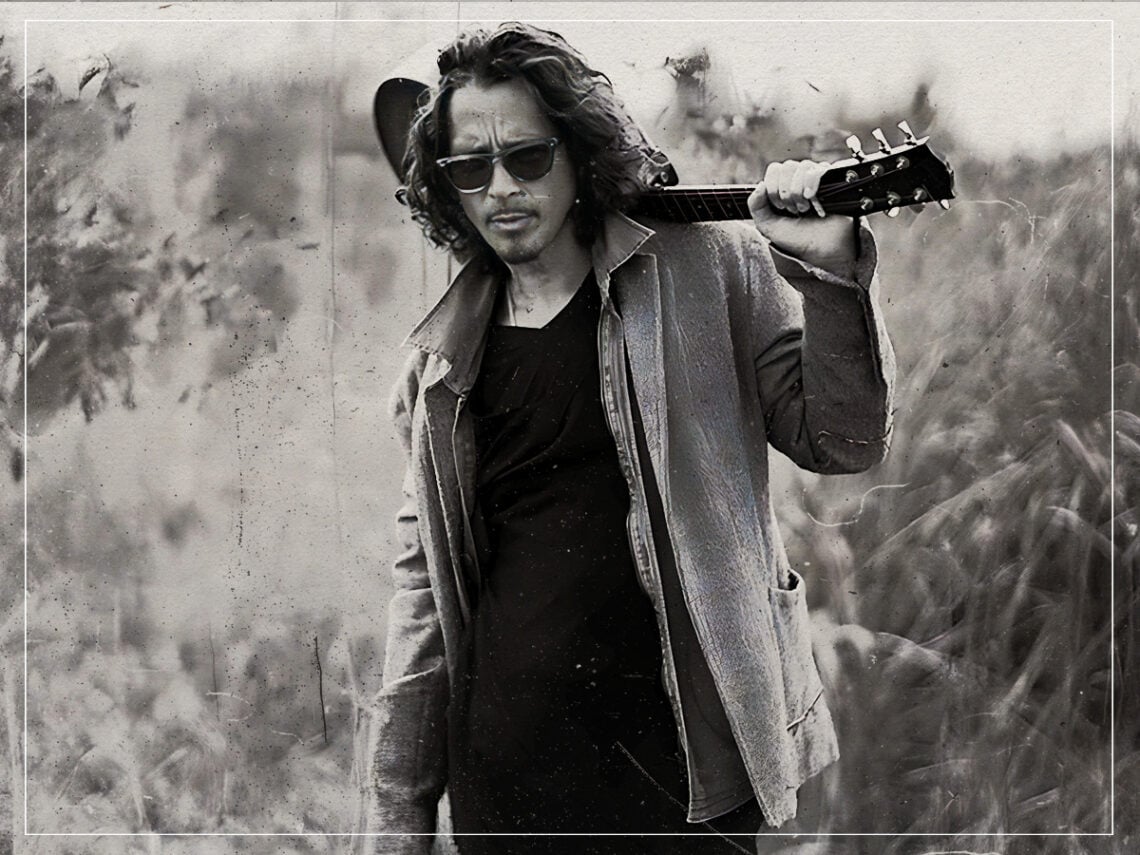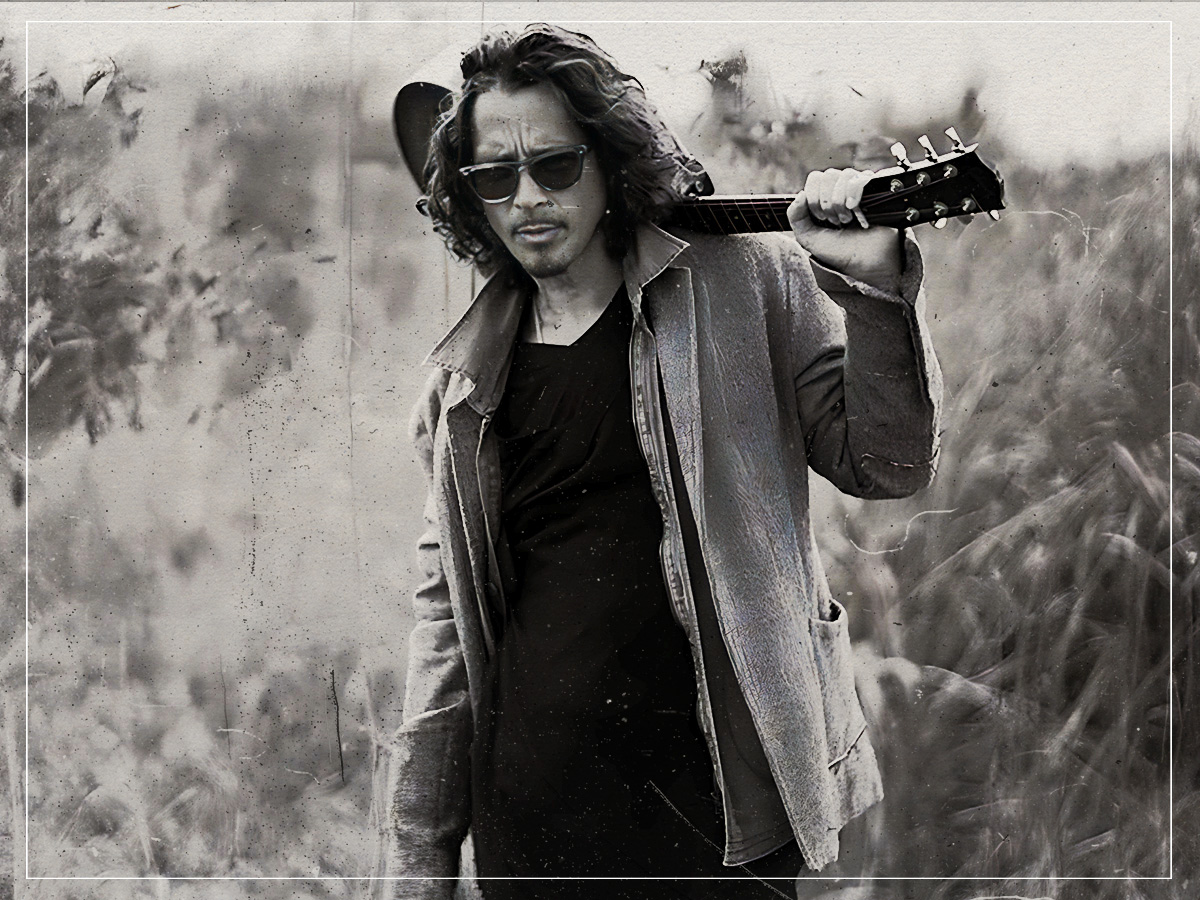
(Credits: Far Out / TIDAL)
Soundgarden and U2 are not bands that tend to come up organically in the same conversation, even if the subject is “heavy-rotation rock radio in the early ‘90s.” It’s a well-trod factoid, for example, that Soundgarden’s 1991 breakout album Badmotorfinger was released within weeks of Pearl Jam’s Ten and Nirvana’s Nevermind.
The simultaneous arrival of U2’s mid-career curveball, Achtung Baby (November 1991), might not feel a part of that same cultural through-line, but MTV viewers of that era will recall that the hits from that album—’Mysterious Ways’, ‘Even Better Than the Real Thing’, and ‘One’—were in the zeitgeist every bit as much as ‘Smells Like Teen Spirit’ and ‘Jeremy’. Achtung wasn’t just a huge, chart-topping success for Bono & Co., it was seen as a daring step forward for the band as they entered their early 30s, and it had them at least occasionally categorised into the “alt-rock” scene of the moment—giving them rare crossover appeal between the aging 1980s arena rock crowd and the youngsters who heard ‘Mysterious Ways’ as a funky Irish cousin to the sort of stuff the Red Hot Chili Peppers were putting out.
In 2011, late Soundgarden frontman Chris Cornell briefly discussed this often overlooked piece of the 1991 puzzle in a chat with the Canadian newspaper The Globe and Mail.
“I think [Achtung Baby] is probably one of their more controversial and pivotal albums,” he said when asked about the U2 album, which had just marked its 20th anniversary with the release of a documentary film, From the Sky Down. “It’s also probably one of the most personal and personally challenging ones that they’ve done. That’s just my interpretation without getting any information from anyone other than what’s been out there. And that’s worthy of putting together [in documentary form] and talking about.”
Despite appearances in the early ’90s, there wasn’t really a generational divide between Soundgarden and U2; Cornell (born 1964) was only four years younger than Bono (1960). Even the geographical divide, while literally covering about 7,000 kilometres between Seattle and Dublin, doesn’t feel as significant when you consider that both bands were coming from hilly, rain-soaked coastal towns and following the path carved by their local underdog punk scenes.
Cornell even confirmed his appreciation for the most famous song off of Achtung Baby—sort of—when he performed an interesting interpretation of ‘One’ during his 2013 solo tour, substituting Bono’s original lyrics with the words from a different classic of the same name: Metallica’s ‘One’ from 1988.
Four years later, following Cornell’s untimely death at the age of 52, Bono expressed his own admiration in return, dedicating the song ‘Running to Stand Still’ to Cornell during a U2 show at the Rose Bowl in California. Before playing the song, which originally appeared on U2’s other canonised album, 1987’s The Joshua Tree, Bono spoke to the audience about Cornell, calling him a “lion” and a “beautiful, sweet soul.”
The selection of ‘Running to Stand Still’ was a poignant one. The song, which was written about a couple Bono knew in Dublin who were struggling with heroin addiction, touches on similar themes to many songs from throughout Cornell’s career, as he battled his own addiction demons. It’s the closest Bono ever came to writing a Soundgarden song. “Sweet the sin / Bitter the taste in my mouth / I see seven towers / But I only see one way out.”
Related Topics
Subscribe To The Far Out Newsletter
